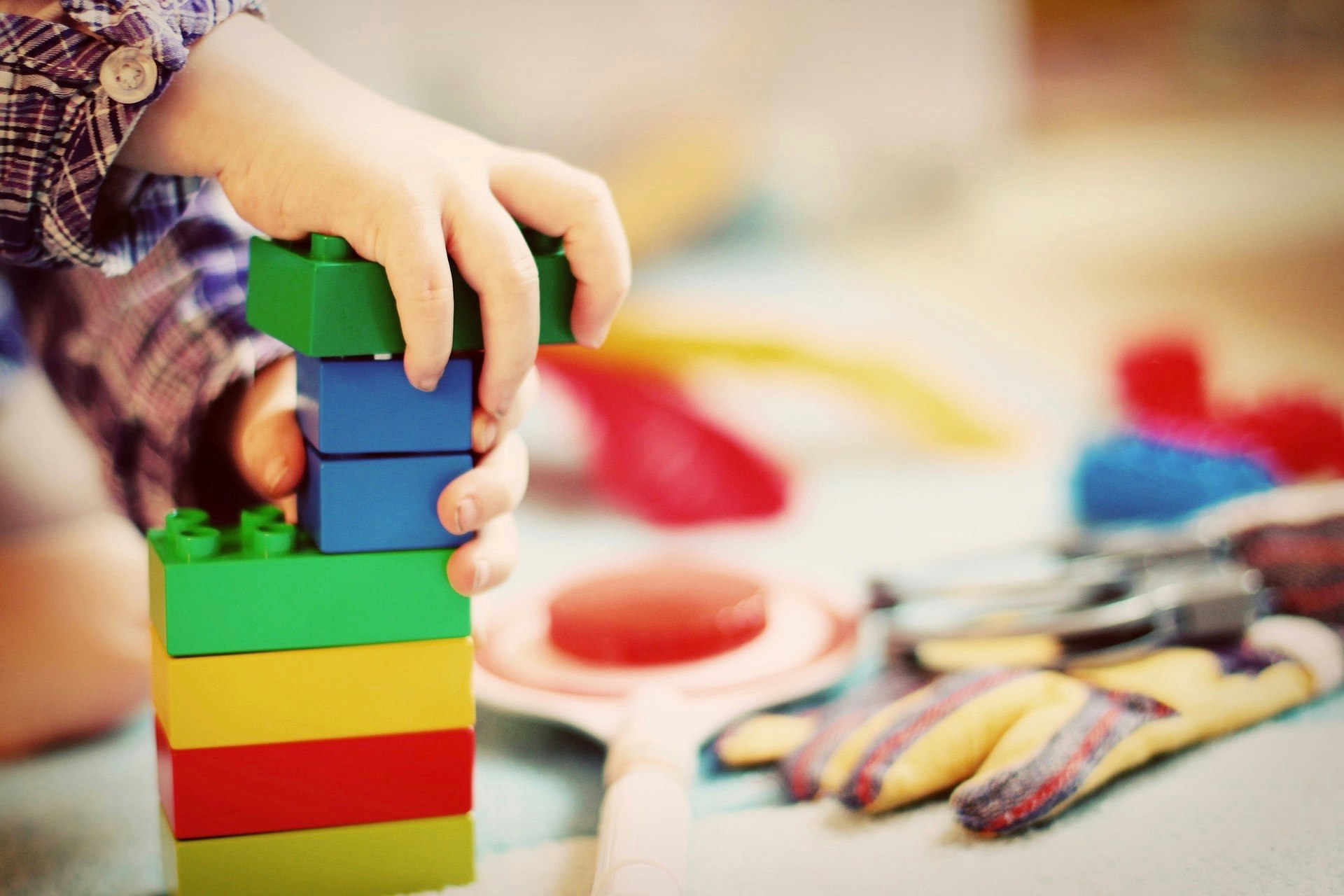
May 03, 2018
Today’s preschoolers are increasingly expected to learn reading and math skills before their first day at school. But the pressure doesn’t equal results – and educators are learning the limits to a “one-size-fits-all” model to early childhood education.
It’s not uncommon to hear how changes to education have hurt U.S. students, especially when it comes to standardized testing. From their start in Pre-K to finishing 12th Grade, the average U.S. student today sits 112 standardized tests – an unmistakable testament to how standardized testing has become the norm for measuring student aptitude.
But while educators and policymakers fine-tune how we educate older students, there is a growing body of evidence that we’re also pushing our youngest students – preschoolers and kindergartners – to learn “too much too soon.”
Too Much Too Soon
Increasingly, children as young as four or five are expected to read and learn math, with less time devoted to play and non-academic activities.
The pressures on young learners are similar to their older counterparts: with an explosion in standardized testing in the early school years resulting from the No Child Left Behind Act, students have been forced to learn basic literacy and math skills sooner. And less time is spent encouraging kids to learn through play and exploration.
Learning those basic skills earlier hasn’t translated to better preparing younger students for school, either. In fact, a 2011 study of Tennessee’s preschool system found that while preschoolers had an early advantage in “school readiness” skills, by the second grade they performed worse on literacy and math tests.
The problem, says Erika Christakis, an early childhood educator and author, is schools’ “preoccupation with accountability” that focuses on rote learning and prioritizes “mimicry and recall behaviors,” while “devaluing complex, integrative, and syncretic learning.” In short, most young students simply lack the necessary motor skills and attention spans to achieve what schools are demanding of them.
How Can Educators and Policymakers Turn Things Around?
For one, Christakis notes, a positive preschool program involves “talking and listening,” and nurturing “a wide range of school-readiness goals that include social and emotional skills and active learning.”
Play is another important factor, with some preschool programs offering a “play-based” alternative to the academic-driven model. Advocates say that allowing younger students time to engage in unstructured play builds social skills and the foundation for future success academically. “Since we’re not getting the academic results we expected, educators are now realizing that they can teach academic standards within the context of play,” says Cindy Middendorf, an early childhood education advocate.
It also comes down to adjusting expectations and learning models, rather choosing an academic versus play-based model. “It is not developmentally inappropriate to learn to read in kindergarten,” explains Shyrelle Eubanks, a senior policy analyst with the NEA. “It’s the approach that could be developmentally inappropriate.”
How Tutors Can Help
One approach, argues Professor Stephen Camarata of Vanderbilt University, is to “individualize” early childhood learning to fit each student’s abilities – something early childhood tutors like Lil’ Eggheads have been spearheading with their personalized learning models that incorporate game-based learning, too.
Even if a child's school promotes academic-based learning, tutors can ensure that young learners get the play-based, individualized attention they need to build their confidence and social and emotional wellbeing while still improving their literacy and mathematic skills.
While appropriate early education expectations and methods are up for debate and educators grapple with how to build an ideal learning environment, tutors have a clear and significant role to play in providing the support young learners (and parents) need to grow effectively.
